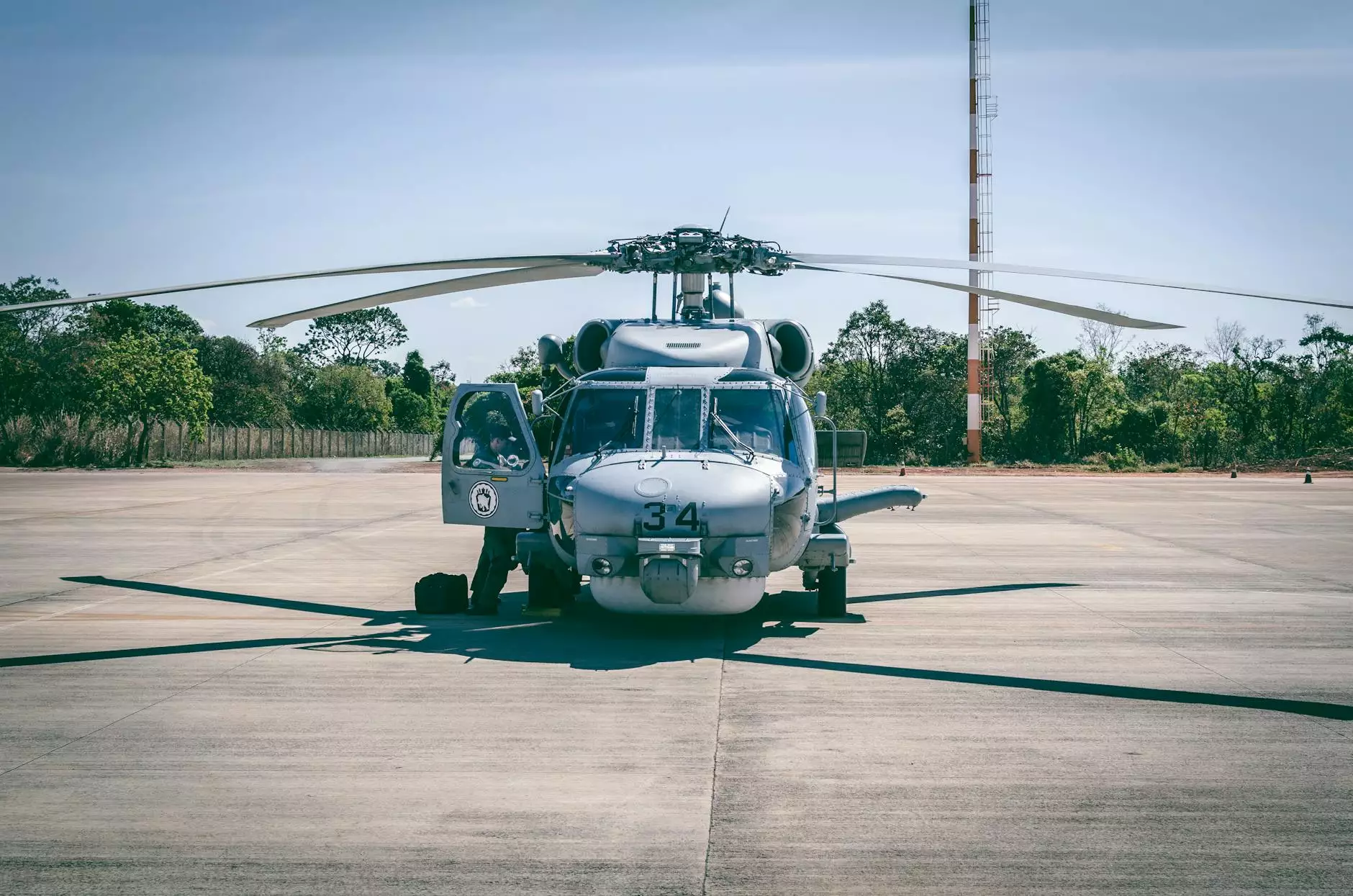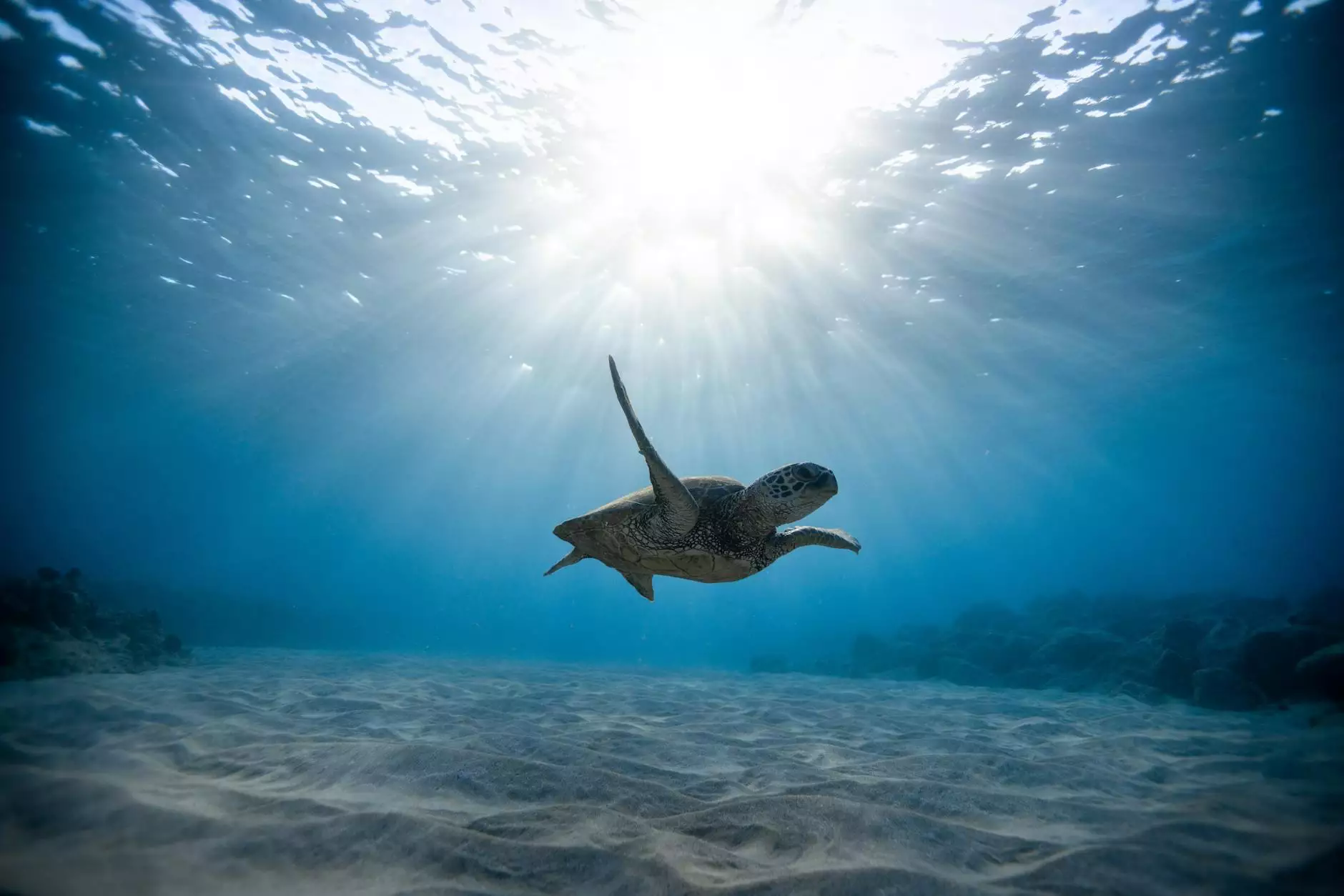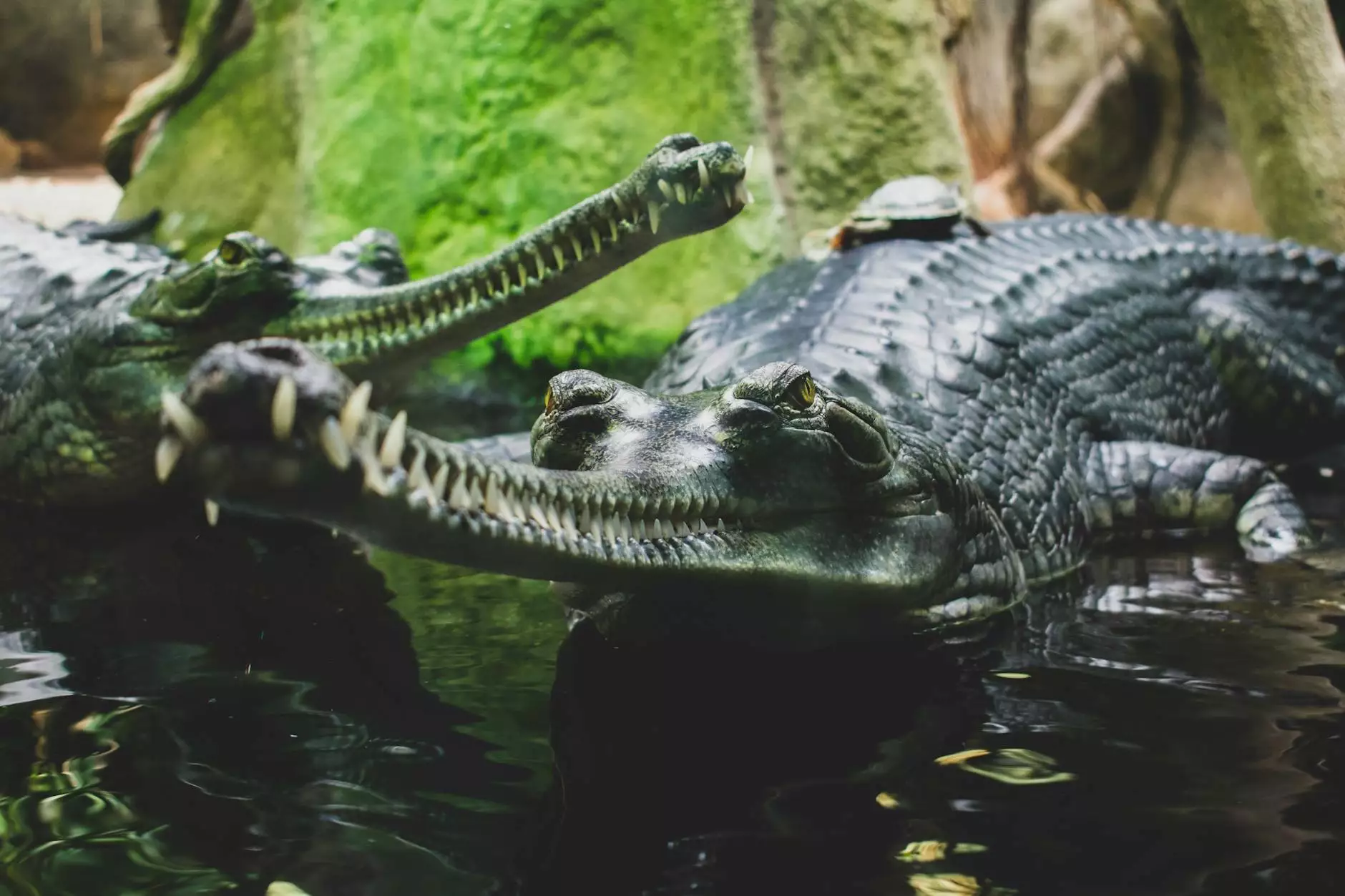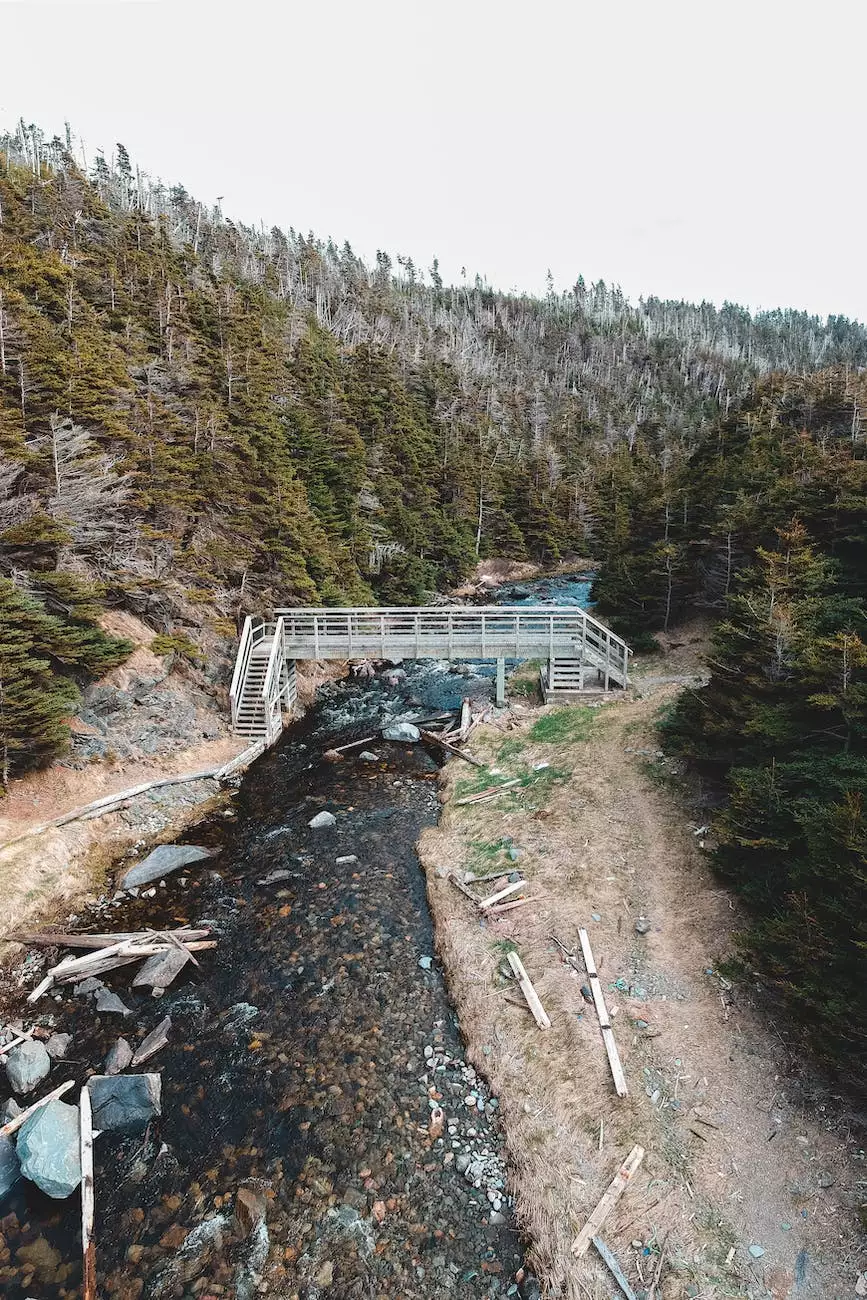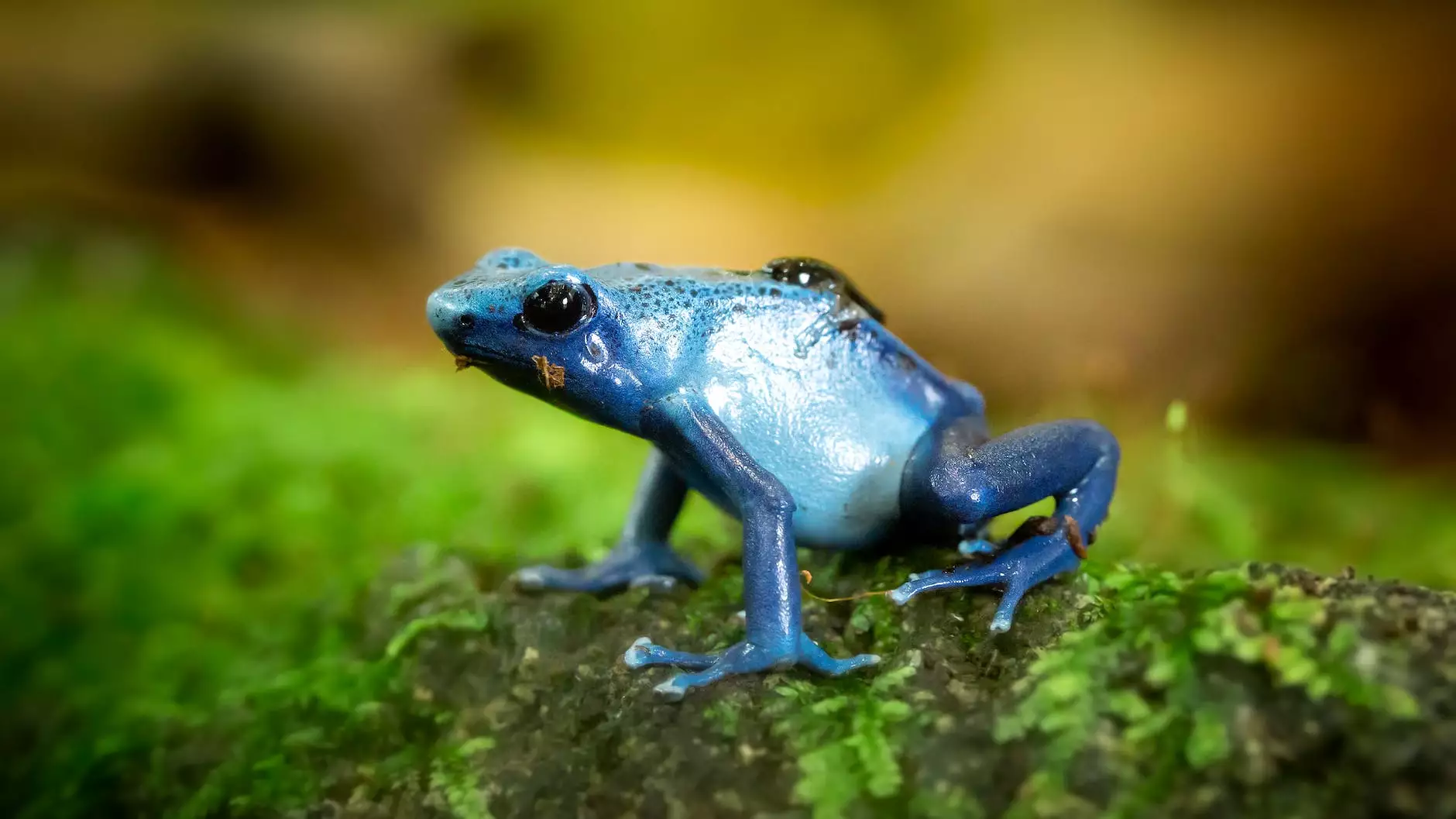Wild Florida Blog | Crocodiles And Alligators
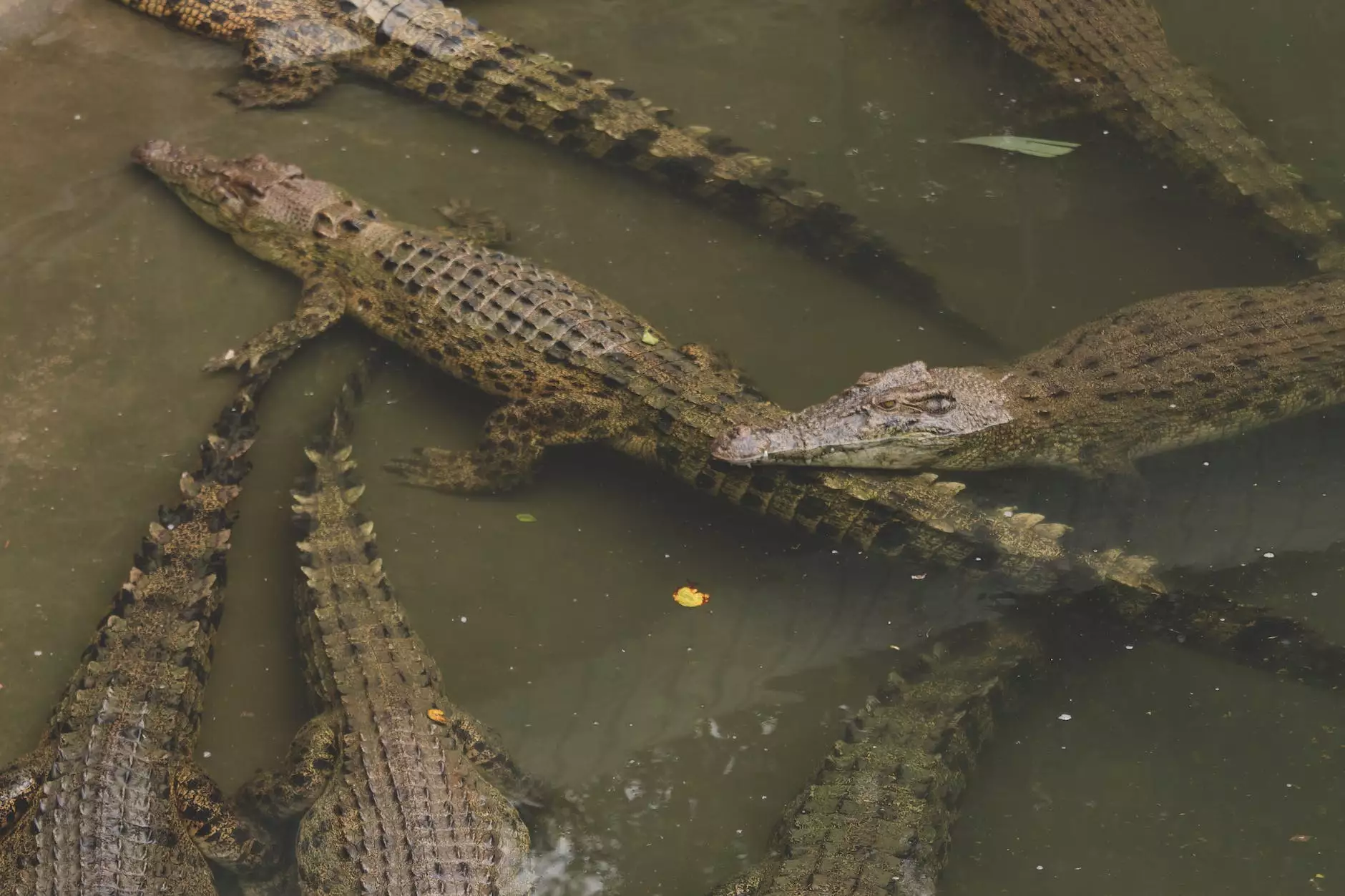
Introduction
Welcome to Aventuras Naturales, your ultimate guide to exploring the diverse ecosystem of Florida. In this blog post, we will delve into the world of crocodiles and alligators, two fascinating reptiles that call Florida their home.
Discovering the Differences
While crocodiles and alligators may often be confused, they are distinct species with noticeable differences. Let's explore these variations so you can easily identify them on your wildlife adventures.
Crocodiles
Crocodiles are larger and more aggressive compared to alligators. With their long, slender snouts and V-shaped heads, they are built for speed and agility in water. Their saltwater adaptation grants them the ability to thrive in both freshwater and marine environments.
Alligators
Alligators, on the other hand, have wider, U-shaped snouts and rounded heads. They are primarily found in freshwater habitats like swamps, marshes, and lakes. While they are large and formidable, alligators are generally less aggressive than their crocodile counterparts.
Exploring Natural Habitats
Florida provides an ideal habitat for crocodiles and alligators due to its extensive wetlands and warm climate. These reptiles can be spotted in various regions across the state, offering awe-inspiring encounters for wildlife enthusiasts.
Everglades National Park
If you want to witness crocodiles and alligators in their natural habitats, Everglades National Park is a must-visit destination. The park is renowned for its diverse ecosystem, where crocodiles and alligators thrive alongside numerous bird species, turtles, and more.
Lake Okeechobee
Lake Okeechobee, also known as Florida's Inland Sea, is another prominent location for observing these reptiles up close. Embark on an airboat tour and navigate through the lake's vast waters to catch a glimpse of these magnificent creatures.
Behavior and Feeding Habits
Understanding the behavior patterns and feeding habits of crocodiles and alligators is essential for appreciating their roles in the ecosystem.
Crocodile Behavior
Crocodiles are highly opportunistic predators, known for their stealthy hunting techniques. They primarily feed on fish, crustaceans, and small mammals that come near the water's edge. Their strong jaws and sharp teeth allow them to capture and devour their prey swiftly.
Alligator Behavior
Alligators exhibit a more patient approach to hunting. They often lurk beneath the water's surface, waiting for unsuspecting prey to approach before ambushing them. While fish and mammals make up a significant portion of their diet, alligators also consume birds and reptiles.
Conservation Efforts
Aventuras Naturales is dedicated to promoting and preserving the fragile balance between humans and wildlife. We support local organizations and initiatives focused on protecting the habitats of crocodiles and alligators.
Protecting Wetland Habitats
Preserving wetlands is crucial for ensuring the survival of these unique reptiles. By preventing habitat destruction and pollution, we can safeguard the natural ecosystems that crocodiles and alligators rely on.
Education and Awareness
Education plays a vital role in raising awareness about the importance of crocodile and alligator conservation. Aventuras Naturales actively engages in educational initiatives to teach visitors about the ecological significance of these reptiles.
Conclusion
In conclusion, delving into the captivating world of crocodiles and alligators allows us to appreciate the wonders of Florida's wildlife. With their remarkable adaptations and unique behaviors, these reptiles continue to awe and inspire nature enthusiasts from around the world. Join Aventuras Naturales on your next adventure to explore the beauty and diversity of Florida's crocodile and alligator habitats!

